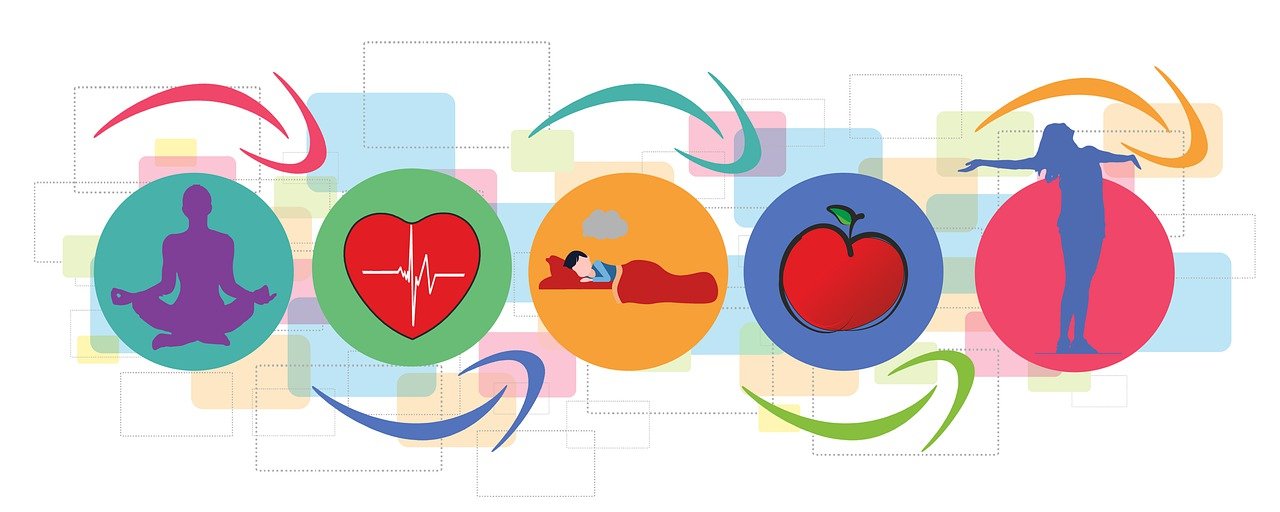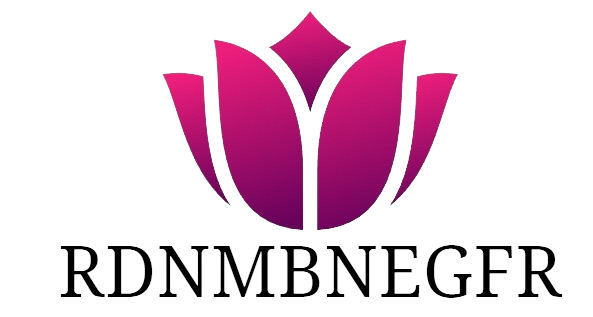Health literacy is an increasingly important topic of discussion in today’s ever-evolving healthcare landscape. Good health is our greatest asset, and we must make sure we have the knowledge and skills to stay informed and take action when needed. Understanding and effectively applying health information is essential for maintaining and improving our health. In this article, we will take a closer look at the importance of health literacy and why it’s essential for staying on top of your health.

1. Exploring the Importance of Health Literacy
Understanding the Scope of Health Literacy
Health literacy is the ability of a person to understand and use medical information as well as the ability to access and use health services in order to make informed decisions about their health and wellbeing. It is essential because it helps individuals to make informed decisions about their health that have positive impacts. Furthermore, it helps to reduce the risk of health complications due to a lack of knowledge.
The Role of Knowledge
Having knowledge about health is the cornerstone of health literacy. It helps individuals to understand their own bodies, to recognize symptoms of illness, and to take necessary precautions. It also allows individuals to identify potential health risks, which can be especially helpful if they are at a higher risk for specific health problems due to their genetic or environmental background.
Having good health literacy can also enable individuals to recognize signs of mental health issues, to make informed decisions about treatment options, and to use health services in an effective manner.
What Aids Health Literacy?
There are a few key elements that can aid health literacy, such as:
- Accessible information: Ensuring that health information is presented in an understandable format that is also accessible.
- Health education: Educating individuals on the basics of health and providing resources to help them to stay informed.
- Medical professionals: Having access to medical professionals who can provide helpful advice and answer questions is a key part of health literacy.
Raising Health Literacy Levels
In order to raise health literacy levels, it is important to create dedicated campaigns in order to reach the entire population, as well as specific target groups who may be at a greater risk of not having access to health information or services. Additionally, it is important to emphasize the importance of health literacy and to provide resources for individuals to gain knowledge about health and well-being.
By ensuring that everyone has access to health literacy, it is possible to empower individuals and to reduce health inequalities in society.
2. Understanding the Basics of Health Literacy
If you want to stay informed on health-related matters, you need to understand the basics of health literacy. This is the knowledge and skills you need to understand, evaluate, and use information in order to make and communicate health-related decisions.
To begin, it’s important to recognize the meaning of health literacy – it’s not just another phrase for being well-read or having general knowledge. Health literacy requires critical thinking and integrated understanding of pertinent topics. Most importantly, it means being aware of your ability to think critically and distinguish what’s useful from what’s not when it comes to a health-related topic or decision.
means being able to access, read, and comprehend information on healthcare, as well as knowing how to evaluate the quality of medical information found online. It also requires understanding the various concepts related to healthcare, such as anatomy, physiology, nutrition, and drugs.
Here are a few steps you should take to better understand the basics of health literacy:
- Read articles on the topic: Start with the basics of healthcare and read articles that will help you develop a basic understanding of the various health-related concepts.
- Do research: Once you’ve read the basic health-related articles, take the time to do some more research. Look for answers to questions or topics you didn’t understand in the initial reading.
- Seek professional help: Talk to a health professional and ask them to explain concepts you didn’t understand in the research you did.
- Be proactive: Take some time to research topics that you’re interested in and learn more about them. Being proactive and staying on top of the latest developments in health-related topics is a great way to stay informed.
The more you learn and apply your understanding of the basics of health literacy, the better informed you will be when it comes to making health-related decisions.
3. Applying Health Information for Better Health Outcomes
Improving health outcomes is an important part of creating a healthier lifestyle. Taking the time to learn about health information can help you make better decisions when it comes to making healthy lifestyle choices.
Knowledge is power
By taking the time to delve into health information, you can gain a better understanding of your body’s needs. You can learn the basics, like the symptoms to look out for and the correct treatments for certain health issues. You’ll also be able to learn more about preventative measures for a range of health problems, like how exercise can reduce the risk of stroke.
Explore the benefits of healthy eating
A balanced and nutritious diet is essential for keeping your body healthy. Health information can help you make the most of your food choices. You’ll be able to decipher nutritional labels and learn about the benefits of each food group. You can also gain knowledge on how to cook meals that are nutritious and tasty.
Understanding health conditions
Having a deeper knowledge of your health conditions can help you better manage them. With the right information, you can understand the risks associated with certain conditions and be aware of potential triggers that can cause a flare up. Learning more about health issues can also help you figure out the best treatments or medicines needed to manage your condition.
Be proactive with health checks
Regular health checks can help you stay on top of your health issues and make sure they don’t spiral out of control. With the right health information, you can make sure you’re getting the right medical tests and screenings. You can also find out which health checks you should be getting at different stages of life.
Takeaways
- Knowledge is power: understand health information to make better decisions.
- Explore the benefits of healthy eating.
- Understand health conditions and their risks.
- Stay on top of your health by regularly going for health checks.
By applying health information to your lifestyle, you can become well-informed about various health issues and be more proactive towards better health outcomes. It’s important to take the time to learn about health information – your body will thank you for it!
4. Putting Health Literacy into Practice
Health literacy encompasses the ability to identify relevant health information; comprehend its implications; and discuss, use, and act on it. Good health literacy can help you make better decisions when it comes to your health. But how do you put health literacy into practice? Here are four steps:
- Understand Your Health Knowledge and Needs. Take stock of your health, the health of your family or those close to you. What types of things are important to be aware of? What tests or regular check-ups should you have? Do you understand how a particular medication works or why it may be necessary to take? Understanding your own health knowledge and needs can help you make better decisions.
- Find Reliable Sources of Health Information. Websites, apps, books, the media, and health care providers all are possible sources for health information. However, some sources may not be reliable, and may contain inaccurate or misleading information. Look for trusted sources, such as websites with information from health care professionals, government agencies, or academic institutions.
- Understand How to Interpret and Evaluate Health Information. It’s important to understand how to interpret and evaluate health information, such as recognizing the difference between beneficial advice and recommendations and claims that may not be substantiated. Ask yourself questions, such as does the information make sense? Are there other sources of the same information?
- Put Knowledge into Practice. Once armed with accurate and reliable health information, you must put it into practice. Use the information to help you make better decisions and take action to improve your health and wellbeing. Keeping a health journal to track progress and identify areas of importance can help your efforts.
Health literacy is a key component of improving and maintaining the health of individuals. will help you make smart and informed decisions when it comes to your own or others’ well-being. By understanding your health knowledge and needs, finding reliable sources of health information, understanding how to interpret and evaluate health information, and putting knowledge into practice, you can learn to navigate the health care system with confidence and make better decisions about your health.
As the importance of health literacy cannot be overstressed, it’s essential for each and every one of us to understand how to interpret and apply health information in our lives. Good health brings with it peace of mind and a better quality of life, so be sure to take the time to understand all the nuances of health literacy that will help you lead a healthier and more fulfilling life.


